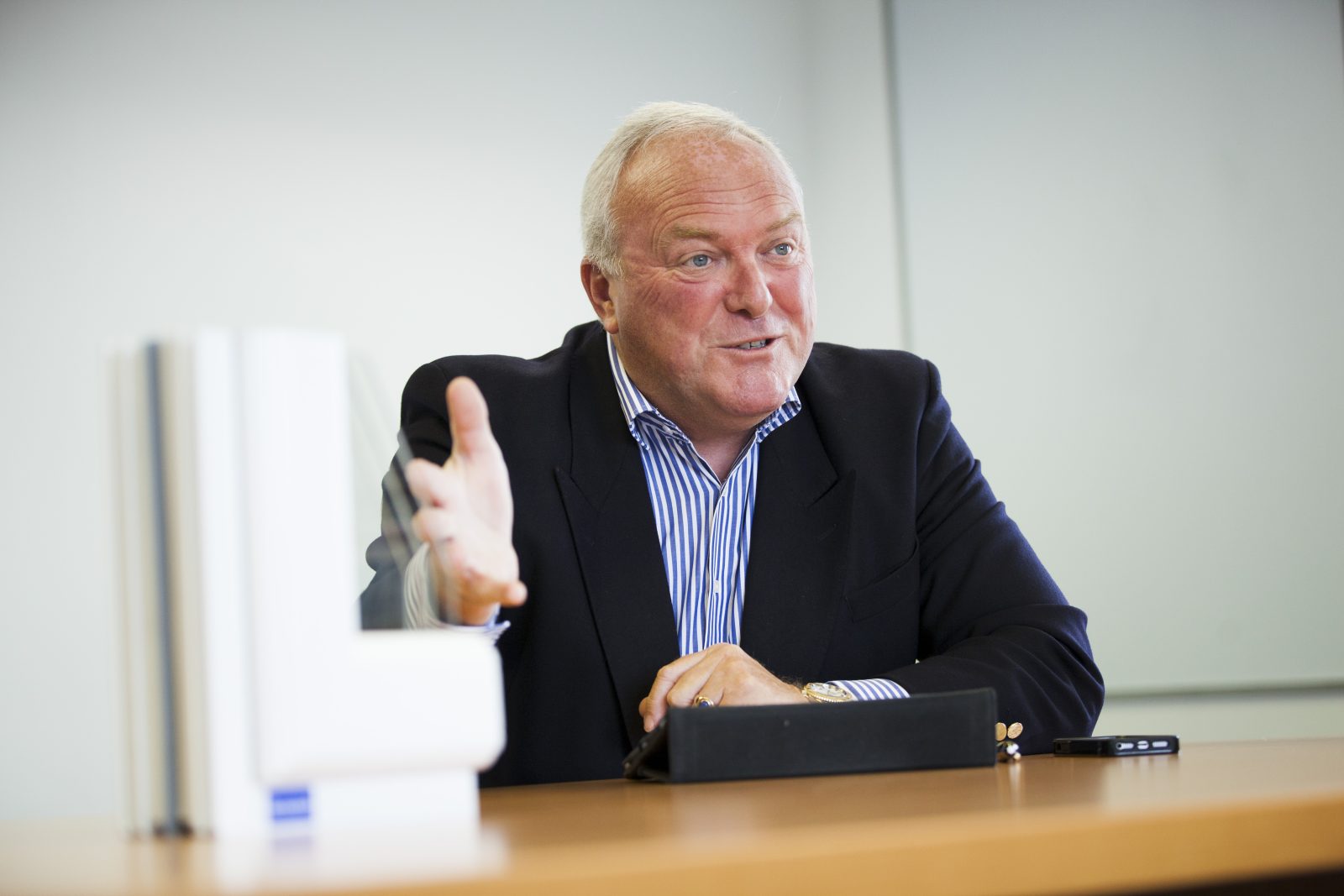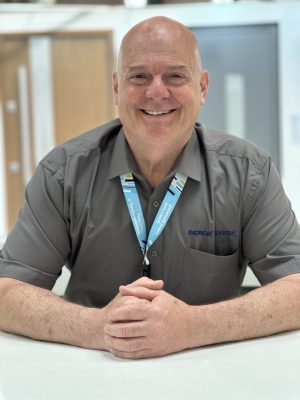Why does PE fail so often?


By Danny Williams, managing director, Pioneer Trading.
I am prompted to revisit this issue as rumours abound about the closure of a substantial factory that bears the name of an industry PE repeat offender. By the time you read this, all might be revealed.
Our industry continues to be a magnet for Private Equity, something that baffles me after so many failures. The highest profile names are of course Everest and Safestyle, but other firms that focus on the trade are Customade, which is a regular, and of course Synseal/Aperture amongst a number of others.
My personal experience is primarily at B2B level of course and especially with the transition of one brand as it went from private ownership to a PE backed MBO. I was an early adopter with Synseal when I joined the firm in 1992 and became its longest standing fabricator, spending around £1.2 million a year with them at our peak.
Gary Dutton was a tough and unyielding supplier and so well run was Synseal back in the day, that I seldom had the need to talk to him. I enjoyed a strong personal relationship with Gary and on the odd occasion I needed to speak to him he always picked up.
Under David Leng and the MBO, that continued to a degree but, in due course and following his departure, I became just another customer and, after seeing the writing on the wall as service levels and relationships fell away, I dual sourced and eventually switched completely to Deceuninck. And Synseal/Aperture became dust, though not before a couple of reboots that in themselves were baffling, as only the PE people involved had any faith that it could be saved.
There are many entrepreneurs in our industry that, like Gary Dutton, have benefitted financially from PE money and good luck to them too. And after thinking long and hard about what followed, the almost inevitable failure of those firms under PE stewardship, I believe that what was lost in the transfer of the businesses were the key ingredients of their original success. Of these, the element of personal leadership and commitment to the wellbeing and satisfaction of their customers, seems to be the primary element that disappears when the moneymen take over.
Personal touch
The founders of all these businesses, including Customade, Polyframe, Synseal and others lived and breathed the industries that they served and the businesses that they created. They competed on price and service, and responded to the individual needs of their customers, especially the personal whims, myself included. When Gary Dutton imposed a price increase it was an honour to do battle with him and, more often than not, lose! I was in the presence of a master…
When compelled by their earnout Ts&Cs to stay with the now PE owned firm, inevitably there are clashes and differences in the philosophies between the founders, who struggle with the loss of autonomy and the moneymen who are turning the screws from day one to recover the millions they’ve laid out on behalf of their backers. But that is not simply an issue with our industry.
What is a characteristic of every B2B window and door business that has ever been purchased by PE money, is the essential personal involvement and commitment to customers and product and service at every level, that is simply not transferable.
There is one obvious exception with a man that, whilst not part of any PE buyout, nonetheless led a highly successfull business on behalf of – geographically at least – remote owners. That is my good friend Rob McGlennon, who retired recently as managing director of Deceuninck after leading the UK operation for 11 years.
Rob has led Deceuninck to become the most successful of any UK systems company in the past decade, because whilst he is undoubtedly a master at managing a business of this nature, crucially he is supreme at making customers feel good, valued and significant.
I asked Rob for his view on PE ownership in our industry and he told me: “You have to ask yourself what company in our business that has had PE funding has been successful – I can’t think of one. Look at the brands that have gone by the wayside – I can name 20 systems companies that have gone let alone the fabricators and big retail brands – and PE has been involved with a large number of them.
“I was always very conscious and wary of trading with PE backed firms as customers,” continues Rob. “Before PE, Customade wanted to move to Deceuninck from Duraflex but once the sale took place that deal fell apart. Under PE ownership talks were resumed but I declined the opportunity and of course, feel rather smug that I did so.
“It simply did not feel right: the terms were too demanding but I also felt uneasy about the set-up, it was very much an intuitive thing.”
Customer relationships
Rob agrees with me that it is the nuances of running a business in the window and door sector that the moneymen and their professional business managers cannot get their heads around: “Every business should place customer relationships at the heart of their core offer, but in our sector it counts far more than most I believe,” says Rob. “When we look back on so many of the businesses acquired, often they were at a point when they required investment in infrastructure and especially their product offer. Much of the money that PE poured into these businesses went on propping them up, rather than developing a competitive product range, for example.”
The core aim of Private Equity funds is to make money for their investors and to do so by improving and in due course exiting those businesses at a profit. From an outside view the window and door businesses that PE funds have purchased must look attractive, financially of course, but I wonder if there is also an element of corporate ‘snobbery’; that the seasoned, professional advisors behind the funds, feel they can do better than the entrepreneurs by imposing ‘sound business practices’ to replace the ‘seat of their pants’ approach that the founders used to achieve success.
Whatever the reasons, they keep cocking it up.